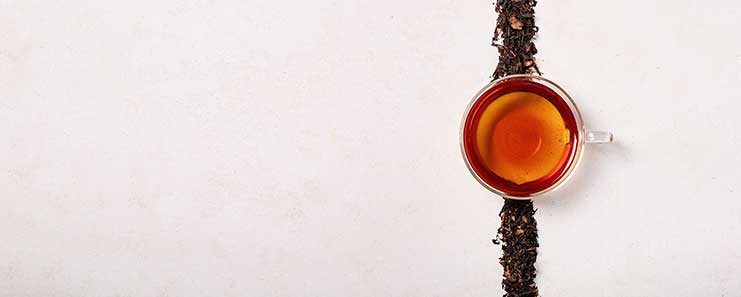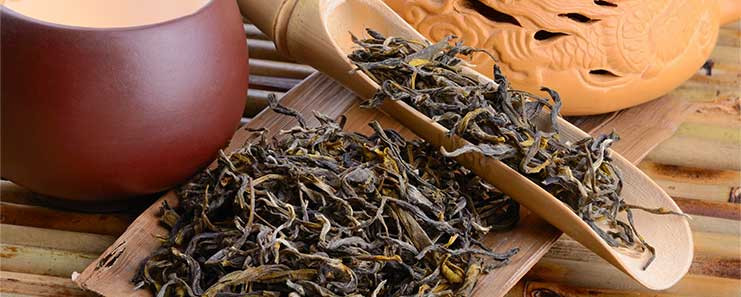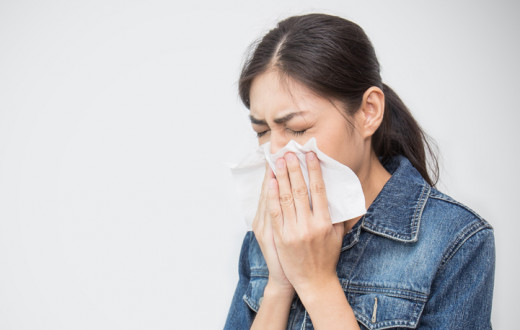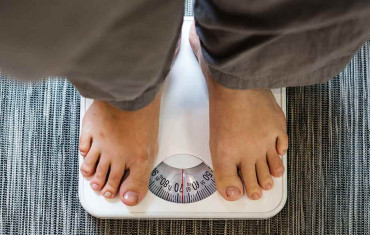We all love tea. For some, it’s their morning dose of motivation, for others, it is a well-tasting luxury while there are a few for whom it is a health drink. Types of teas ideally come from the Camellia sinensis plant with a few exceptions. Of course, from a health perspective, it depends on how your tea is harvested and processed, how you prepare your tea, and the additional ingredients you use. Here is a brief on some of the healthiest teas with their benefits.

Healthy teas and their benefits
Black tea
Feature and Texture:
Prepared after a strenuous oxidation process
Has a stronger flavor
The color of the tea strands ranges from red to dark brown
Has maltiness in taste and leaves a strong bitter aftertaste
Caffeine content is lower than that of coffee (45-50 mg per 8 oz)
Black tea benefits:
The antioxidants promote heart health.
The anti-microbes help in metabolism and improve immunity.
Helps control high blood pressure
Keeps a check on the blood sugar level
The lower caffeine content works in increasing cognitive skills and improves focus without overdosing.
Some people also discuss the efficacy of back tea for weight loss.

Who should not have it?
People with brittle bones
Tannins in black tea can affect any medication if you do not maintain the right gap(at least two hours)
Green tea
Feature and Texture:
No oxidation of tea leaves.
Grassy texture with light brown, yellow, or green colored leaves
Has a creamy or fruity flavor and leaves a bittersweet aftertaste.
Has about 25 to 30mg of caffeine per 8 ounces.
Benefits of green tea:
Considered the healthiest tea with more powerful antioxidants
One of the components of green tea, catechin helps in bettering skin and fights inflammation in the body.
Caffeine and catechins help in enhancing energy levels and aid the weight loss process with the right diet.
Just like black tea, it helps in keeping the heart healthy, lowers pressure, and keeps a check on sugar levels.
Detoxifies and combats viruses

Who should avoid it?
Caffeine-intolerants
People with pre-existing concerns related to the kidney, liver, and stomach
White tea
Feature and Texture:
Minimally processed and non-oxidized
Has a soft flavor due to the natural drying of leaves
Has only 15 to 30 mg of caffeine per 8oz (dependent on the steeping time).
It has a refreshing slightly sweet taste and a silvery texture. As you brew it, the color develops to light orange from pale yellow.
Benefits of white tea
With the most antioxidants, white tea works incredibly in building immunity
It is a stress reliever that also helps in combating sun damage to the skin.

Oolong tea
Feature and Texture:
The processing time of the leaves makes the color range of this tea from green to light brown
The quality varies as per the processing method
The taste ranges from floral to grassy
It has about 10 to 60 mg of caffeine per 8 oz

Benefits of oolong tea
It helps calm the mind and improve focus and alertness
It helps in weight loss by boosting the metabolism
The amino acid L-theanine improves sleep and also prevents neurodegenerative diseases
Helps with oral hygiene and prevents tooth decay
Rooibos tea
Feature and Texture:
A smooth red-brown colored tea that has a sweet nutty taste
It is healthy for the body due to its high antioxidants
This herbal tea is made after fermenting the leaves of Aspalathus linearis shrub
It has no caffeine and is healthier than its green and black tea alternatives
Benefits of rooibos tea:
The flavonoid in rooibos is called quercetin, which prevents inflammation problems and improves circulation
It works against allergies and infections
The lack of oxalic acid makes it a perfect drink for people having kidney problems

Who should avoid it?
People who have existing liver problems
Extreme amounts of tea can cause the growth of excess estrogen which could cause hormone-related issues.
Excess tea can also lead to cardiac issues
Conclusion
The list of healthy teas can go on and on. However, the tea must be balanced with the right ingredients and taken in the right quantity. It is crucial to keep the tea habit infused with a daily dose of yoga, meditation, and positive self-talk. The more healthy habits, the merrier life!
FAQ on Health Teas
No, but it’s your choice. Although you must keep a note that different teas have unique processing techniques. The taste could vary so do the benefits associated.
White tea as well as green tea helps you lose weight quickly. Both have immense health benefits. Polyphenols help in boosting metabolism and keep your energy levels high.
Half an hour post meals is the ideal time to consume any tea for maximum benefits and minimum side effects.
It is caffeine free
It has no oxalic acid and poses no risk to the kidneys
It has the lowest levels of tannic acid and hence does not cause any issues like vomiting or irritation.
Although it all depends on your body as some people are caffeine intolerant whereas some show other side effects, anything between three to four cups(600-700ml)of tea per day is moderate enough.
































